New on Kluwer: Exploring Constitutional AI in International Arbitration
Plus: A Call for Papers from the ArbTech Community
Published in collaboration with Kluwer Arbitration Blog
By Sophie Nappert, Benjamin Malek, and Fernanda Carvalho Dias de Oliveira Silva
We’re proud to announce that ArbTech’s latest thought piece has been published on Kluwer Arbitration Blog — one of the world’s leading platforms for international arbitration commentary.
In this article, our moderators Sophie Nappert, Benjamin Malek, and newest ArbTech moderator, Fernanda Carvalho Dias de Oliveira Silva, explore how Constitutional AI can reshape the way we engage with large language models (LLMs) in international arbitration.
Read the full article here:
What is Constitutional AI and Why Does it Matter for International Arbitration?
About the Article
As arbitration professionals adopt generative AI, how we integrate it becomes just as important as why. This piece unpacks the idea of Constitutional AI—AI models trained with internalized ethical and governance principles—and explores:
How it aligns with core arbitral values like impartiality and due process
What risks it addresses (hallucination, bias, opacity)
How practitioners can incorporate AI responsibly in case management and decision-making
It’s a must-read for anyone navigating the intersection of technology, fairness, and international dispute resolution.
Why This Collaboration Matters
At ArbTech, we believe innovation in arbitration needs an ecosystem—not just a platform.
Our collaboration with Kluwer reflects a shared mission: to explore and shape the future of dispute resolution with integrity, inclusion, and innovation. This article is just the beginning of a broader effort to foster dialogue across institutions, practitioners, academics, and developers alike.
Call for Papers
Are you exploring questions like:
How should tribunals handle AI-generated evidence?
What disclosure duties arise when AI tools are used in drafting?
Can generative AI assist in procedural efficiency while preserving party autonomy?
Interested contributors should submit a 400-word proposal (original, non-AI-generated) to aiandarbitration@outlook.com. We look forward to your ideas as we shape the future of arbitration in the age of AI.
